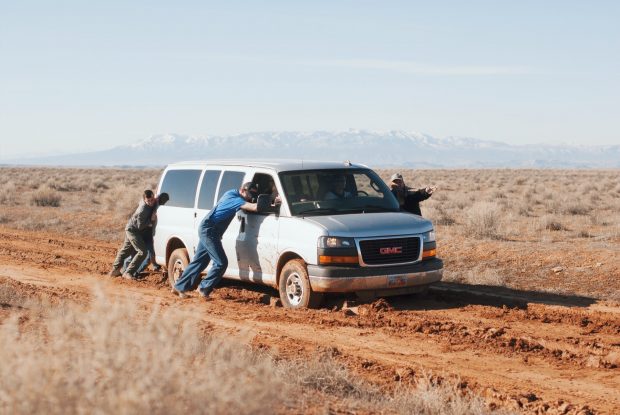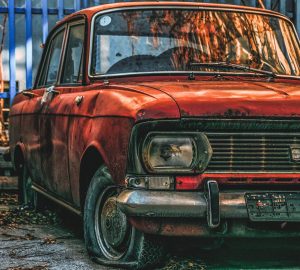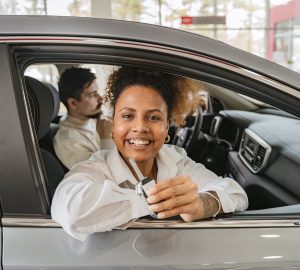
Being in a car accident can be one of the most traumatic, stressful, and life-altering experiences you’ll ever go through. An injury, paralysis, or fatality could occur whenever you get behind the wheel, so it’s essential to take your actions before and after you get into the vehicle seriously.
Always Consult a Lawyer if You’re Involved in a Car Accident
The physical or mental trauma related to your accident could cause you to take time off of work or land you in a significant amount of debt. While insurers can cover some of your expenses, they may not cover most or all of them. That’s why you need a car accident lawyer by your side.
For example, if you live in Seattle, you can speak to Boohoff Law and seek recovery for a car accident. They’ll fight for you and make sure you get a settlement that covers your expenses.
Even if you walk away from the accident, injuries could show up later. Always remember to gather evidence and keep it somewhere safe in case you need to contact a lawyer in the future.
The Most Common Causes of Car Accidents
According to the CDC, 6 million auto accidents of varying severity happen in the United States each year. These accidents typically occur for the following easily preventable reasons.
Distracted Driving
Distracted driving is one of the biggest threats to driver safety on the road today. Only look at your phone, change the radio station, or speak to passengers when it’s safe to do so. If you’re at a red light, don’t take your hands off the wheel. Wait until you’re parked or in a traffic jam.
How to stop distracted driving: Put the phone down or away. If your phone is within your eyesight, you may feel the urge to play with it. Keep your eyes on the road at all times.
Impaired Driving
There’s absolutely no reason to drive drunk, but thousands of people still die in alcohol-impaired crashes every single year. If you’ve had something to drink, don’t drive, even if you think you’re safe to do so. The risk of getting into an accident is too great, so take a cab or bus instead.
How to stop impaired driving: Don’t drink and drive. If you’re at a party and your drunk friend is about to get behind the wheel, take your keys from them and offer a ride home or call a taxi.
Reckless Driving
Reckless driving is a major traffic violation that consists of driving a vehicle with disregard for the safety of a person or property. Some examples of reckless driving include not adhering to traffic lights, driving into sidewalks, swerving into oncoming traffic, tailgating, or unsafe passing.
How to stop reckless driving: Follow traffic laws and avoid aggressive driving tactics. If you have issues with anger, take an anger management course and/or listen to calming music.
Speeding
While speeding can be described as reckless driving, the person driving has to commit another offense (i.e., unsafe passing while speeding) to be charged with both. Speeding often occurs because a person is running late, getting angry, or isn’t paying attention to traffic signs.
How to stop speeding: Slow down. If you’re speeding because you’re late, leave the house earlier or call ahead. Never cut off drivers while changing lanes or drive over the speed limit.
Poor Weather
Slippery roads, poor visibility, and other unsafe conditions are often caused by poor weather. Bad weather isn’t just a problem during the winter, as heavy rainfall, thunderstorms, and flash floods can happen in the summer. Sometimes, it’s safer to avoid the roads altogether.
How to stop driving in poor weather: Check the weather and road conditions via a local news network before you start driving. Break check on ice and rain to ensure you have time to stop.



